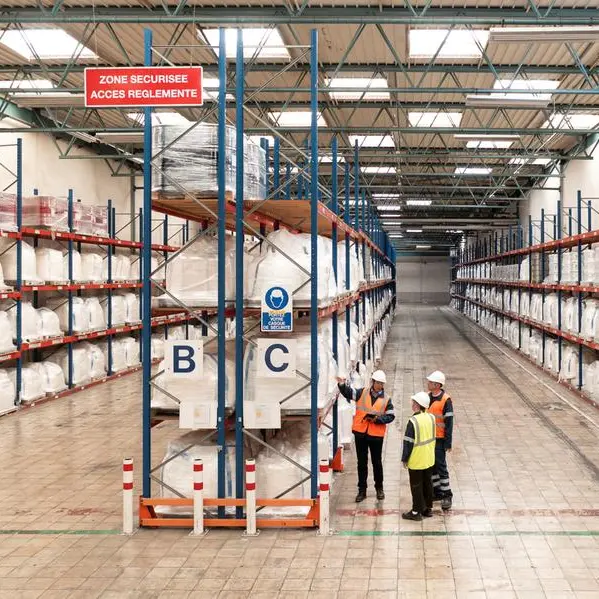PHOTO
The twentieth century has witnessed some of the most revolutionary changes in the real estate industry. Efficient ways of producing steel and concrete allowed real estate developers to cater to and create consumer demand for some of the most iconic projects in the world.
The developments made over the last century have facilitated the growth to maturity for the sector but in the era of the fourth industrial revolution, customer expectations determine industry growth and the real estate sector has a lot more room to develop.
Data analytics can facilitate such opportunities through intelligence that was previously available but not intelligible. Here are a few ways data analytics can change the real estate sector.
Forecasting models
For decades, customers have tried to rightly time the market to make the most lucrative real estate investments in the best localities. Like any investment, this has not been easy.
Data analytics can be used to build time series models that can improve our understanding of how property prices may move in the future. These models can predict season variations, trends, and patterns that form over the years and other macroeconomic variables to estimate the future performance of the sector and our investments.
With this mathematical crystal ball, it is easier for people to time their investments and ensure higher returns.
Valuing properties
Valuing any property is one of the most complex and difficult parts of an investment. Imagine the loss one makes when buying a house at a significantly high price than its actual value.
Data analytics can be used to build valuation models that help buyers and sellers have a fair transaction that resembles the actual value of the property. These models take into account different variables including locality, macroeconomic scenario, and price indexes to determine a range for the value of a given property. Buyers and sellers can then negotiate the price within this range.
Valuation models are not only beneficial to buyers and sellers of the property but also to banks that provide mortgages and other derivatives. Banks can accurately assess the value of their mortgages and derivatives such as mortgage-backed securities and ensure that their investors have up-to-date information on their investments.
Location analytics
Location is one of the most significant variables when buying a property. Whether a house or an office building, the view, locality, access to public transport, etc., determine whether a property is indeed investable or not.
Data analytics using sophisticated tools can determine the performance of a particular area by analysing patterns around economic activity around the neighborhood, the number of people, and types of properties among others.
With such intelligence, people can truly understand the depth of their investment and take better decisions. For instance, when buying or building a new office building, the investor would like to break down the different variables through data analytics before making a decision.
Such data also allows developers and customers to compare the different localities, their similarities, and difference and enhance their services by implementing learnings from one locality in the other.
Data analytics can truly be a game-changer in the mature real estate markets in the world. Its applications are virtually unlimited as the more the data, the better decisions one can make in the sector. While data analytics is already being applied in the real estate sector, its full application can lead to the maturity that the customers truly want.






















